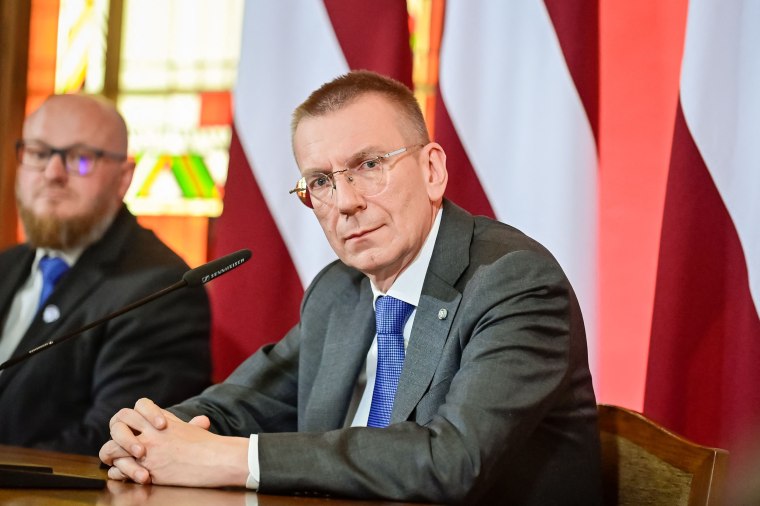Latvia swore in the first openly gay president of a Baltic nation Saturday.
Edgars Rinkēvičs, who since 2011 was the country’s foreign minister, was elected by Parliament in May after President Egils Levits did not seek re-election.
Rinkēvičs is known for being a strong supporter of Ukraine’s cause, and in his inaugural speech he reaffirmed that commitment.
“Russia’s war and genocide in Ukraine have created a new, harsh reality,” he said. “We will continue to support the heroic Ukrainian people in their struggle for freedom until Ukraine’s final victory. We will continue to fight against Russian imperialism and its evil world ideology.”
Rinkēvičs “proudly” announced he is gay on Twitter in November 2014, though the country, a former Soviet republic, is not especially LGBTQ-inclusive. The country allows for same-sex civil unions, for example, but not same-sex marriages.
Hours before he came out, Rinkēvičs tweeted that he would continue to fight for “a legal framework for all kinds of partnerships.” He said he knew there would be “mega hysteria,” but he ended with the hashtag “#Proudtobegay.”
He is one of just a few openly gay heads of state in the world. Here are the other current and former out LGBTQ world leaders.
Jóhanna Sigurðardóttir
Prime Minister of Iceland (2009-13)
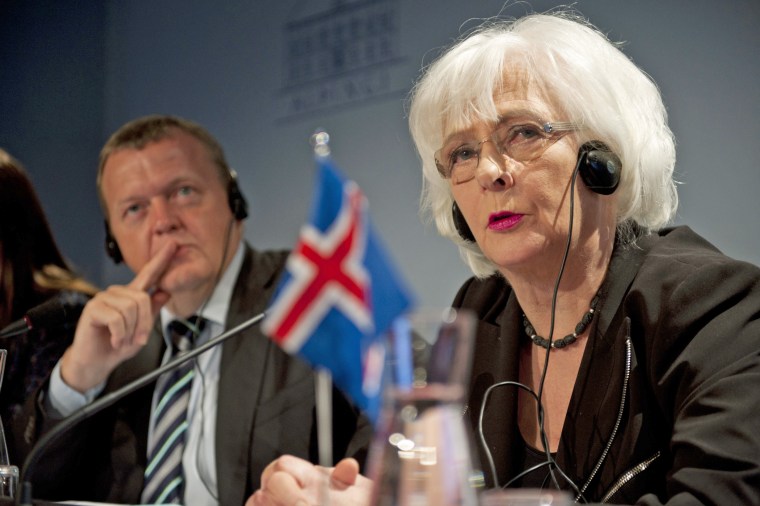
Jóhanna Sigurðardóttir was prime minister of Iceland from 2009 to 2013. She is thought to be the first openly gay prime minister in the world.
She was an active unionist in her nearly 10 years working as a flight attendant, according to the Council of Women World Leaders, a network of female heads of state. In 1978, she was elected to the Althingi, the Icelandic parliament, to represent the capital city, Reykjavík. She served in various government positions, making her the longest serving member of parliament — until she was elected prime minister in 2009.
Elio Di Rupo
Prime Minister of Belgium (2011-14)
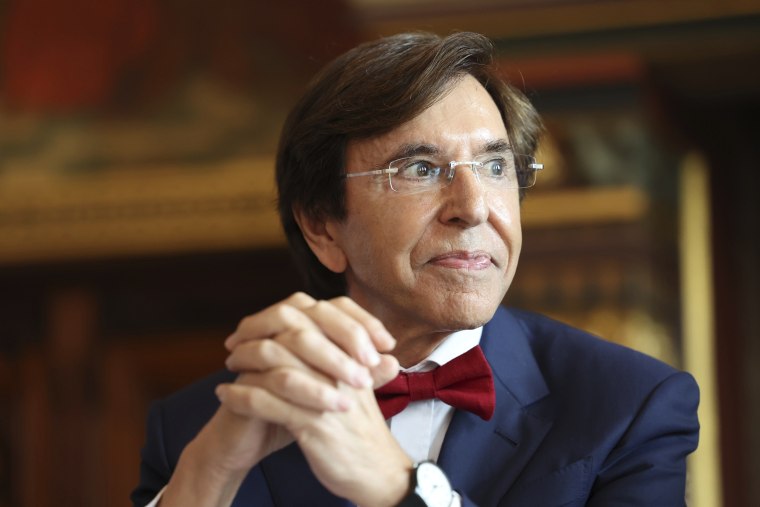
Di Rupo was appointed prime minister of Belgium by King Albert II in 2011, and he served until 2014.
He was an unlikely prime minister, in part because he was the first native French speaker to lead the majority Dutch-speaking country in 30 years, according to The Financial Times. He was also the first socialist to hold the position since 1974, and he called himself an atheist, the BBC reported.
In 1996, he was falsely accused of having sex with underage males, he told Belgian journalist Francis Van de Woestyne, who wrote his biography. After the accusation, he said, he was chased down the street by reporters, one of whom yelled, “Yet they say you’re a homosexual!” the BBC reported.
“I turned around and shot back: ‘Yes. So what?’ I will never forget that moment,” Di Rupo said, according to the BBC. “For several seconds there was silence. ... People were so surprised by my reply they stopped jostling each other. It was a sincere, truthful reply.”
Xavier Bettel
Prime Minister of Luxembourg (2013-present)
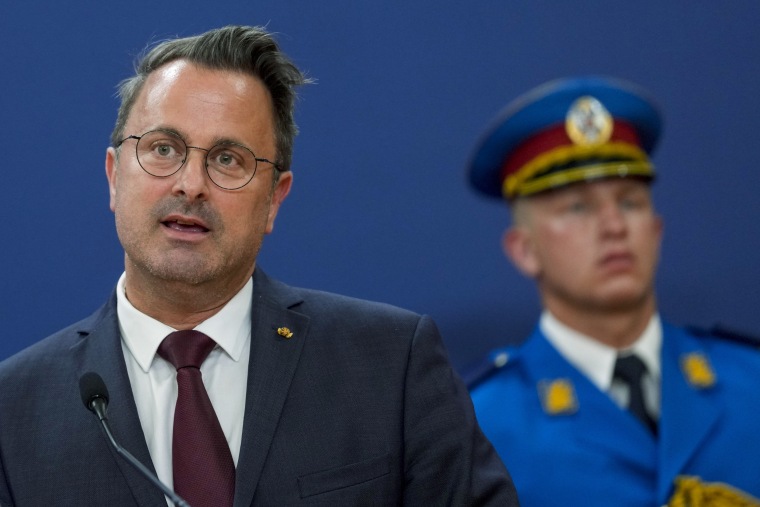
Bettel was first elected prime minister of Luxembourg in 2013, and in 2018 he became the first openly gay prime minister in the world to be re-elected for a second term.
Same-sex marriage became legal in Luxembourg in 2015, and the same year Bettel became the first serving European Union leader to marry a same-sex partner, the BBC reported.
Bettel recently criticized a Hungarian law that bans school educational materials and TV shows for people under 18 that are deemed to promote LGBTQ content, Reuters reported. Hungarian Prime Minister Viktor Orbán defended the law last month despite criticism from human rights groups.
“To be nationally blamed, to be considered as not normal, to be considered as a danger for young people — it’s not realizing that being gay is not a choice,” Bettel said, according to Reuters. “But being intolerant is a choice.”
Ana Brnabić
Prime Minister of Serbia (2017-present)
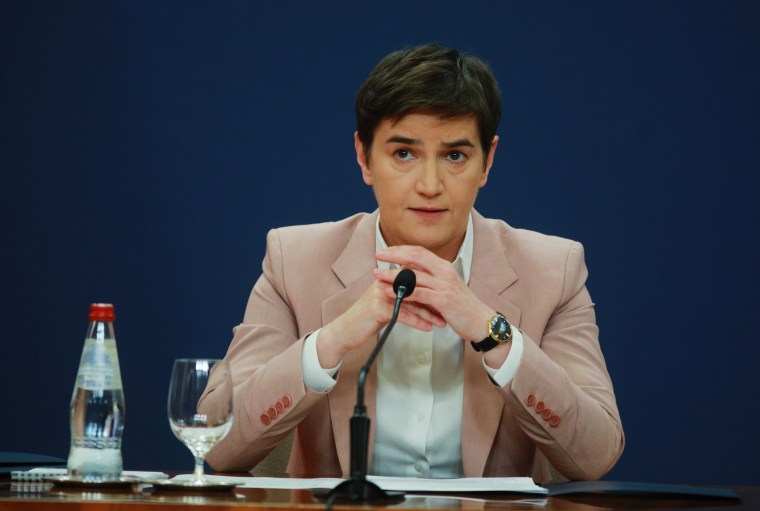
Brnabić became the first woman and the first openly LGBTQ prime minister of conservative Serbia in 2017 after she was nominated by President Aleksandar Vučić.
Human rights groups celebrated her appointment, which notably happened in a country where same-sex marriage and adoption are not legal, according to Equaldex, which tracks LGBTQ rights worldwide. Gay, lesbian and bisexual people can serve in the military, but transgender people cannot.
Though her appointment made history, Brnabić said she hoped the public focus would shift to her work.
“Hopefully this will blow over in three or four days, and then I won’t be known as the gay minister,” she told The Associated Press at the time.
Leo Varadkar
Prime Minister of Ireland (2017-20, 2022-present)
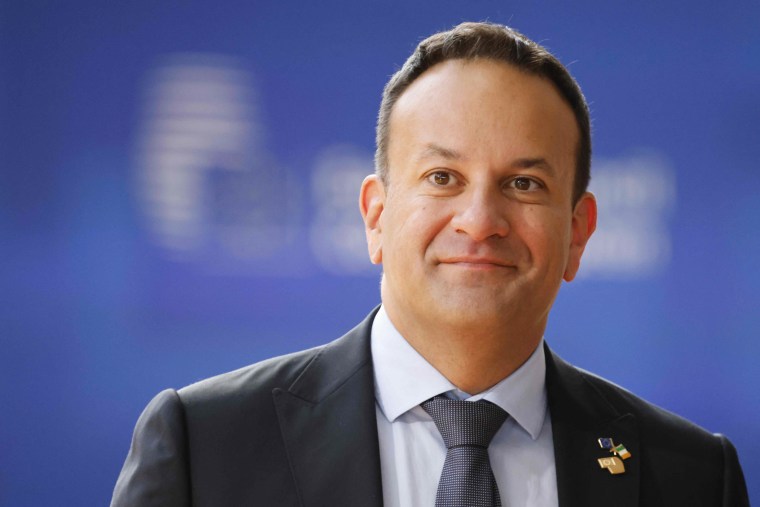
Varadkar became Ireland’s first openly gay Taoiseach, or prime minister, in 2017 and served until 2020. Lawmakers appointed him prime minister a second time in December.
In January 2015, when he was the minister of health, Varadkar came out publicly in an interview with Ireland’s RTE Radio 1 to encourage the public to support a nationwide referendum on legalizing same-sex marriage.
“What I really want to say is that I’d ... like the referendum to pass because I’d like to be an equal citizen in my own country, the country in which I happen to be a member of government,” Varadkar said. “And, at the moment, I’m not.”
The referendum passed in May 2015, making Ireland the first country to legalize same-sex marriage by popular vote.
Paolo Rondelli
Captain Regent of San Marino (April-October 2022)
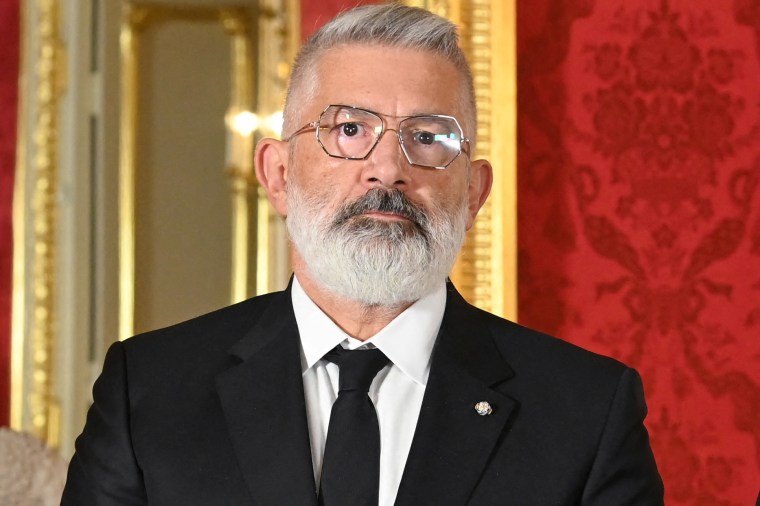
Rondelli was one of two captains regent of San Marino, the microstate surrounded by north-central Italy, from April to October 2022. The position is the country’s highest elected office and requires a six-month term.
Monica Cirinnà, an Italian politician and LGBTQ rights advocate, described him as “a man of immense culture and diplomatic and political experience” who has fought for LGBTQ and women’s rights.
“It’s a historic day that fills me with joy and pride,” Cirinnà wrote on Facebook on the day Rondelli was sworn in.
Honorable mentions
Jerónimo Saavedra
President of the Canary Islands
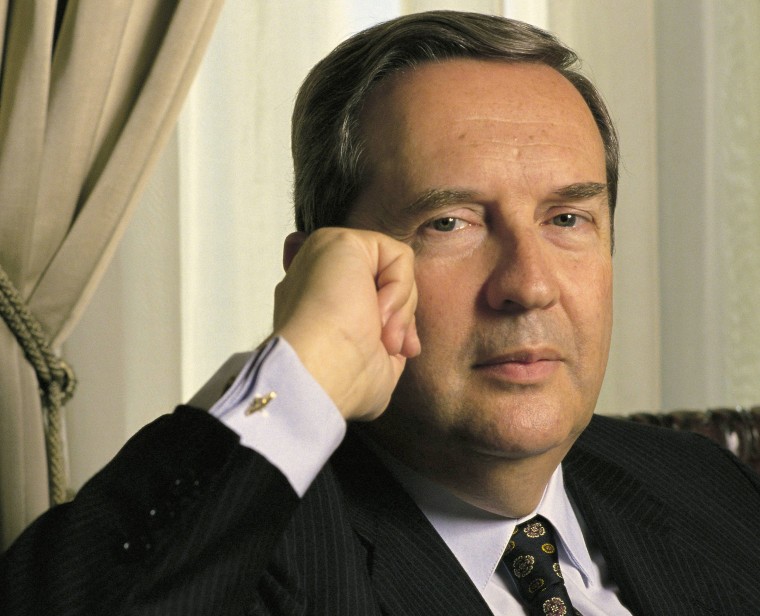
Saavedra was president of the Canary Islands, a Spanish autonomous community off northwestern Africa, twice, from 1982 to 1987 and again from 1991 to 1993, though he didn’t come out publicly until 2000.
Per-Kristian Foss
Acting Prime Minister of Norway
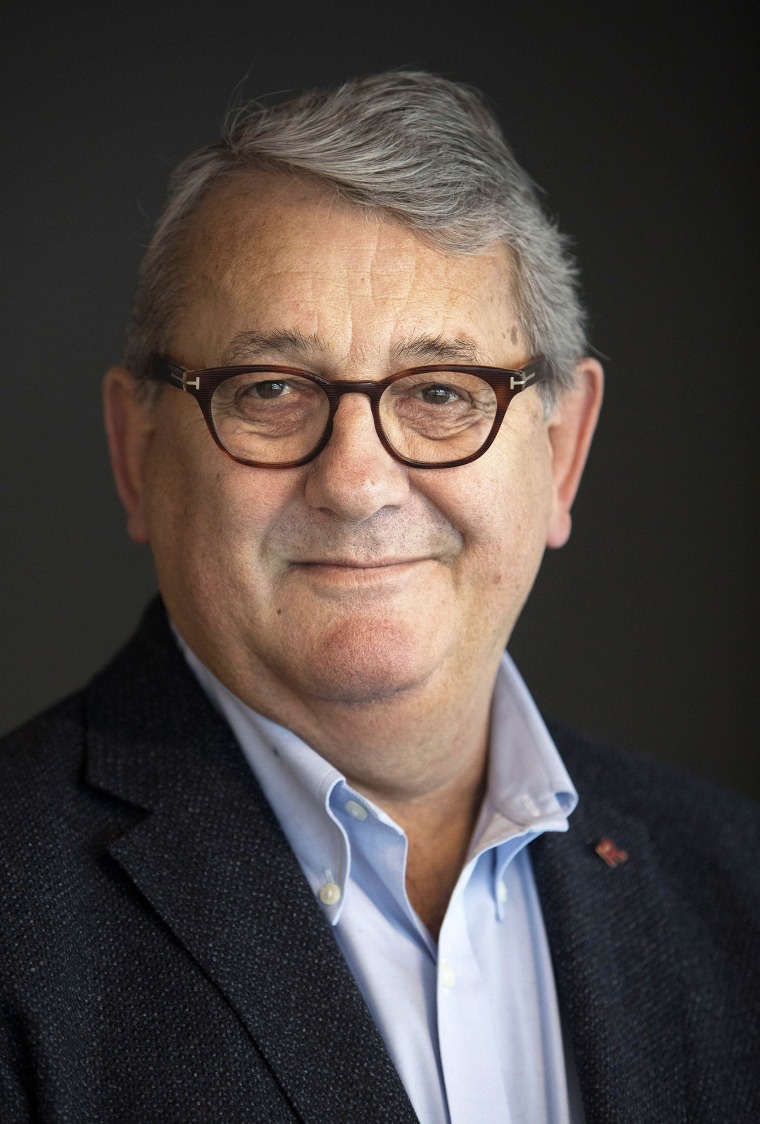
Foss briefly served as acting prime minister of Norway in 2002, making him the first out acting prime minister in the world. From 2001 to 2005, he was minister of finance.
In January 2002, he made headlines for marrying his partner, Jan Erik Knarbakk. Same-sex marriage didn’t become legal in Norway until 2009, so Foss and Knarbakk formed a civil union that granted them some of the rights of marriage, though under the law same-sex couples could not adopt or have weddings in churches, CBS reported.
